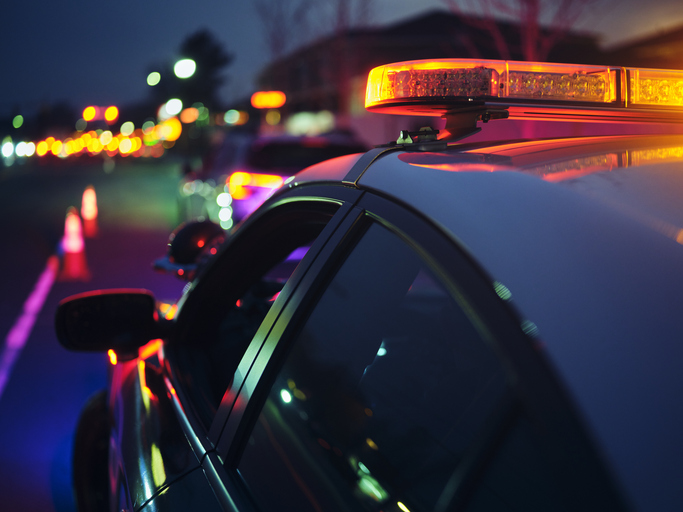Unfortunately, the reality is that if you have a first DWI on your record, that significantly raises your chances of being arrested and charged with DWI a second time. After a first DWI conviction, when you are stopped by police, if you smell like alcohol, a police officer (who will generally have access to your arrest history during a traffic stop), is far more likely to err on the side of caution and arrest you for DWI, or interpret your driving and behavior as being consistent with intoxicated driving.
If you are arrested for a second DWI, you will be facing steeper penalties. A second DWI is still a misdemeanor, but the potential punishment is doubled from a DWI first offense to a Class “A” misdemeanor, punishable by up to a year in jail and a $4000 fine.
Properly defending a second DWI can take close to a year. In order to thoroughly evaluate the evidence, your DWI attorney will need to obtain a police report, video, breath or blood results, and the underlying documentation from the laboratory to be able to challenge the accuracy of the breath or blood analysis (like maintenance records). In the Houston area, obtaining evidence in a DWI case can sometimes take 6 months or longer.
While evidence is gathered, it is very likely that you will face stricter bond conditions. For example, under Texas Penal Code 17.441, a judge is required to issue an ignition interlock device for a second DWI arrest (it should be noted that under Texas Penal Code 17.441(b), a judge can elect not require the interlock if it is “in the best interest of justice” but most judges will always require an interlock as a condition of bond in a DWI second).
If you are on bond for a second DWI, a judge could also issue additional bond conditions, such as random drug testing, travel restrictions, or in extreme cases, a curfew or a condition that says that you may not drive at all. Fortunately, unless you picked up a second DWI while you are on bond, most judges in the Houston area will still permit you to drive if you have a valid license, and will rarely order a curfew.
Once the evidence has been received, an experienced DWI attorney should thoroughly review the evidence with you and make a recommendation as to how to resolve the case. Of course, the dismissal of the charges against you is the goal of every DWI second, but the reality is that most DWI second charges will not be dismissed unless there is a major problem with the case, such an illegal traffic stop, missing witness, or defective search warrant.
If your DWI second is not dismissed, then you will have to choose between a trial and a plea agreement. In many DWI first cases filed in the Houston area, pre-trial diversion (a contract with the State that your case will be dismissed if you comply with certain requirements), is an option. However, a second DWI arrest almost always disqualifies you from a pre-trial diversion contract.
There are many factors to consider when choosing between a trial and a plea agreement in a DWI second. Obviously, the strength of the evidence against you is an important factor. If your DWI attorney has reviewed the facts of your case with you, and has an opinion that you have a strong chance of winning your case, then trial in a DWI second case is a more attractive option.
If the consequences of a DWI second conviction would be extremely damaging, personally or professionally, then it is possible that you may elect to take your case to trial, since you may not have that much to lose. In general, DWI second cases are more likely to go to trial because plea agreements that are offered are typically similar to the sentence a defendant might expect to receive if he were to lose a trial. Therefore, at least when considering potential punishment, many DWI defendants have nothing to lose by going to trial (of course, there are other considerations, such as the time, expense and uncertainty of going to trial).
A second conviction for a DWI will leave a permanent conviction on your record that can never be expunged or sealed. If you are convicted of a DWI second, you may be assessed probation up to two years, although there are mandatory days in jail as a condition of probation. Under Texas Penal Code 42A.401, you must serve at least 3 days in jail if you have a prior DWI. If your prior offense was committed less than five years ago, you must serve 5 days in jail as a condition of probation.
The stakes are much higher with a DWI second so it is critical that you do everything possible to keep a DWI second off of your record. Attorney Jose Ceja is a former prosecutor who has received extensive training in all aspects of DWI defense, including police investigation (Mr. Ceja is certified to administer police balance tests, breath and blood testing and procedure. If you are arrested for DWI second anywhere in the Greater Houston area, call Ceja Law Firm today.
